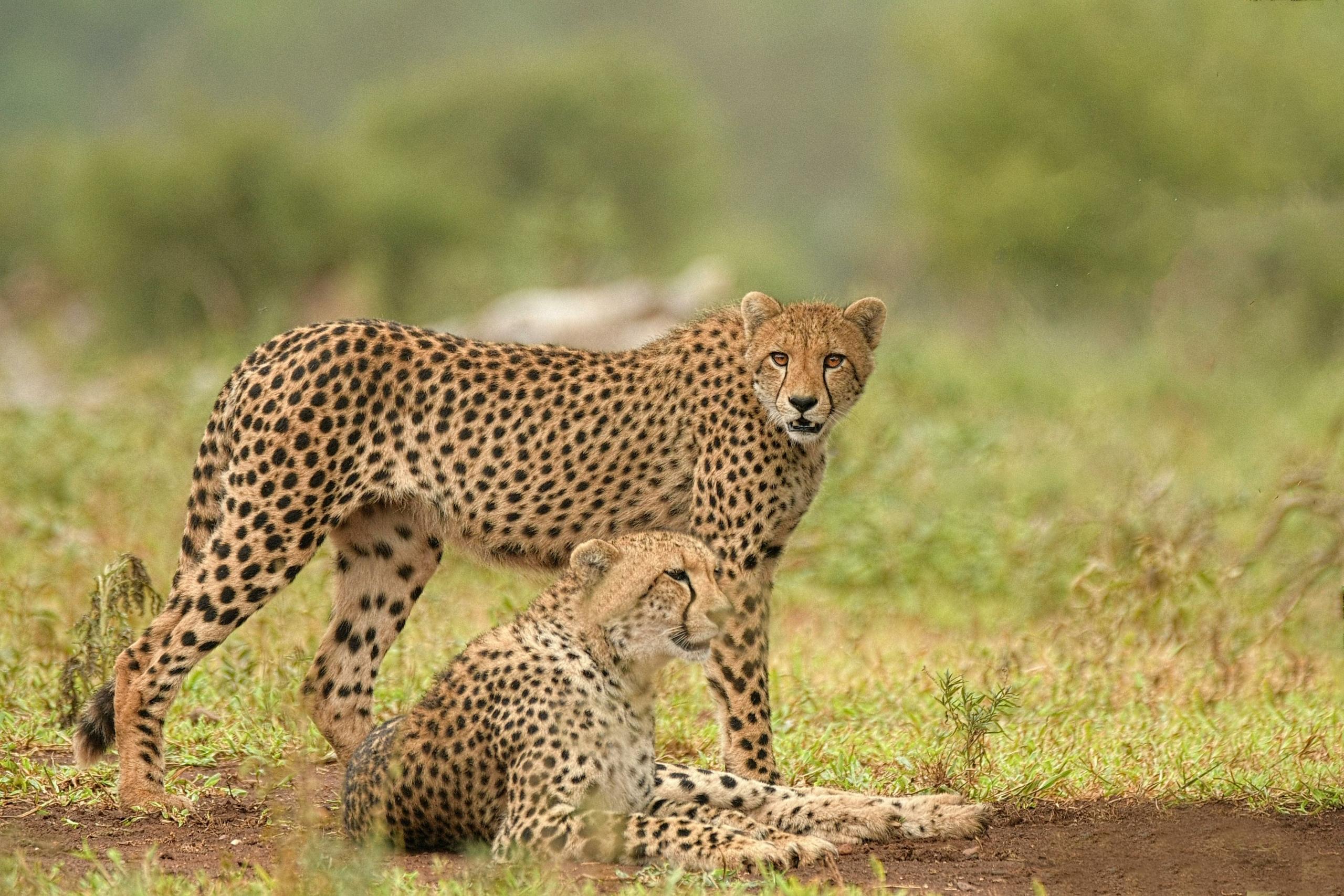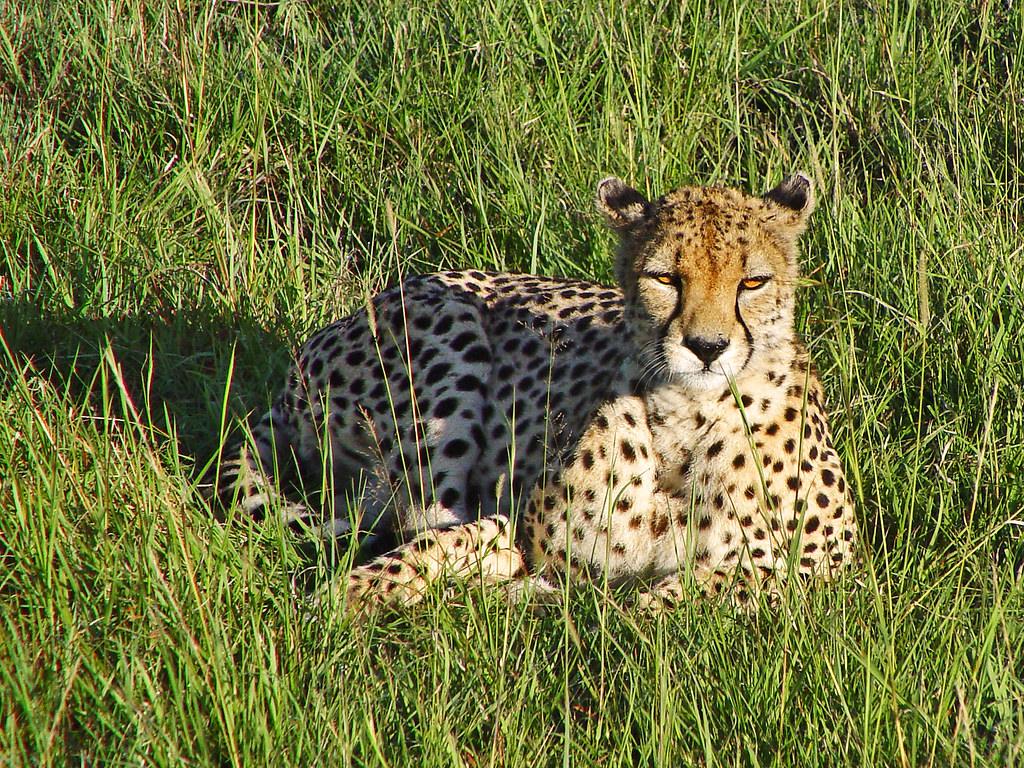India’s First Cheetah Safari at Kuno National Park: Complete 2025 Travel Guide

There are moments in history when a country collectively looks up and realises something extraordinary has just happened. India joining the list of nations offering a cheetah safari is one of those moments.
After more than seven decades of absence, the silhouette of a cheetah running across Indian grasslands is no longer a line from a bygone era. It is real, alive, and about to become one of the biggest travel highlights of 2025.
With the opening of India first cheetah safari at Kuno National Park, the travel world is buzzing. Wildlife enthusiasts are already bookmarking dates, photographers are packing their longest lenses, and families are dreaming of the moment their kids see the world’s fastest cat in action.
If you’re planning a trip and want every last detail, from safari timings to the conservation story to how it actually feels to be inside Kuno, this is your complete guide.
In this Blog
A New Chapter for India: The Return of the Cheetah
India is entering a historic phase in wildlife conservation with the official launch of India first cheetah safari at Kuno National Park. This milestone is the result of years of planning under Project Cheetah India, a national programme designed to bring back a species that disappeared from the country more than seventy years ago.
Cheetahs were once native to India’s dry grasslands, but the species went extinct in 1952. Their return marks the beginning of a long-term ecological restoration effort. As part of this initiative, African cheetahs in India were translocated from Namibia and South Africa to establish a founding population.
The goal of the cheetah reintroduction India programme is to rebuild a functional grassland ecosystem, re-establish natural predator-prey dynamics, and create new opportunities for community-led conservation and tourism.
The year 2025 will be the first time the public can witness these cheetahs inside their new environment at Kuno National Park.
Why Kuno? What Makes This Park the Chosen Location
Kuno National Park in Madhya Pradesh has been identified as the ideal site for cheetah conservation based on extensive ecological assessments. The landscape features wide, open grasslands, interspersed with woodland patches and gently sloping hills, which are essential for the hunting behaviour and movement patterns of cheetahs.
The park offers a blend of meadows, riverine stretches, and forest corridors, creating a balanced habitat for a variety of prey species such as chital, nilgai, blackbuck, and wild boar. These conditions support the long-term survival of the cheetahs and align with the objectives of Madhya Pradesh wildlife tourism, which is growing rapidly.
Kuno also has lower human disturbance compared to other wildlife destinations, allowing conservation teams to manage the habitat and monitor animal behaviour effectively. Its geography and ecosystem make it one of the most promising sites for cheetah recovery in the country.
What a Cheetah Safari in Kuno Actually Feels Like

A cheetah safari Kuno National Park experience is quite different from traditional tiger or leopard safaris in India. The terrain is much more open, allowing visitors to view wildlife from a distance without obstruction. This enhances visibility and increases the chances of spotting cheetahs as they move across grasslands or rest on elevated mounds.
Visitors can expect a calm and slow-paced safari, with long stretches of golden grass, minimal noise, and a wide view of the horizon. Sightings often include cheetahs scanning the landscape from a height, mothers with cubs learning natural behaviours, or individuals walking across the plains early in the morning.
These are typical highlights during the safari:
- Cheetahs using vantage points to observe their surroundings
- Cubs exploring and practicing stalking techniques
- Clear visibility allowing visitors to follow movements from afar
- The quiet environment before a potential chase
- Frequent opportunities for wildlife photography Kuno across open terrain
The overall experience is focused on observation, understanding behaviour, and witnessing the conservation effort in action.
Cheetahs vs Tigers vs Leopards: What Makes This Safari Unique
Visitors who have previously explored tiger reserves such as Ranthambore, Kanha, or Bandhavgarh will notice clear differences at Kuno. Cheetahs are diurnal animals and are active during daylight hours, which naturally increases the chances of sightings during both morning and evening safaris.
Their behaviour is also more visible due to:
- Preference for open habitats
- Daytime activity patterns
- Minimal reliance on dense forest cover
- Opportunities to see scanning, walking, and stalking behaviour
Unlike leopards that often stay in trees or tigers that prefer thick undergrowth, cheetahs remain in the open, giving visitors a clearer and more educational wildlife experience.
How to Plan Your Visit: Safari Timings, Bookings and More
If you are planning to visit Kuno in 2025, it is essential to understand the practical information related to timings, bookings, and entry procedures.
Safari Timings at Kuno National Park (2025)
Expected safari timings Kuno National Park:
- Morning Safari: 6:00 AM to 9:30 AM
- Evening Safari: 3:00 PM to 6:30 PM
These timings may vary with seasonal daylight changes. Mornings offer cooler weather and softer light, while evenings have warm colours and active wildlife movement.
How to Book Your Safari
The Kuno National Park safari booking will be available through the official MP Forest Department website. Due to significant interest in the cheetah programme, booking in advance is highly recommended.
Important guidelines include:
- Book only through authorised government portals
- Carry a valid photo ID for each visitor
- Arrive early at the entry gate for verification
- Consider hiring a trained naturalist for a better understanding of wildlife behaviour
Cheetah Safari Ticket Price (2025 Estimates)
The cheetah safari ticket price is expected to vary depending on the type of vehicle and the day of the week. Estimated charges:
- Approx. ₹1,500 to ₹5,000 per person
- Additional cost for private vehicles
- Camera fees for professional lenses
- Forest guide and vehicle entry fees
Rates may be revised for the 2025 season.
Best Time to Visit Kuno National Park for Cheetah Sightings
Wildlife activity changes with the season, so choosing the right time can improve your safari experience.
October to February (Peak Season)
- Cooler temperatures
- Clear vegetation leading to better visibility
- Migratory birds arrive
- Ideal conditions for photography
March to June (Summer Season)
- Hot and dry climate
- Animals gather around water sources
- Higher possibility of observing stalking or hunting sequences
July to September (Monsoon Season)
- Park usually remains closed
- Habitat regenerates
- Breeding season for many species
Understanding Project Cheetah: The Conservation Story Behind the Scenes
While the safari experience is the visible part of your visit, the larger effort behind the scenes involves extensive ecological planning. Project Cheetah India is a long-term restoration initiative that focuses on rebuilding a functional grassland ecosystem.
The project includes:
- Habitat preparation and management
- Assessment of prey availability
- Balancing predator-prey populations
- Construction of soft-release enclosures
- GPS tracking and monitoring
- Regular veterinary evaluations
- Community-led livelihood programmes
The success of cheetah reintroduction India depends on maintaining ecological balance and ensuring the species adapts safely to its new environment. Tourism contributes significantly to this mission by generating revenue, increasing awareness, and supporting local communities.
When you choose to visit Kuno, you are participating in a larger conservation effort that benefits both wildlife and the region.
Travel Tips to Make Your 2025 Safari Seamless
To make the most of your cheetah safari Kuno National Park experience, keep the following recommendations in mind:
- Wear neutral-coloured clothing to avoid drawing attention.
- Carry binoculars, as cheetahs blend well with tall grass.
- Keep mobile phones on silent mode during sightings.
- Maintain a safe distance and avoid crowding or following animals.
- Book your safaris early, as 2025 will see high demand.
- Carry water, snacks, and a light jacket if visiting during winter.
A visit to Kuno in 2025 is more than a regular wildlife trip. It is an opportunity to witness the return of a species that disappeared from India more than seventy years ago. Seeing a cheetah walk across Indian grassland is not only a memorable experience but also a reflection of the country’s progress in conservation.
This moment represents science, history, and ecological revival coming together. It is the kind of experience that stays with you long after the safari ends, and one that marks a significant milestone for India’s wildlife tourism and national pride.
Cover Image Credits: Frans van Heerden via Pexels





